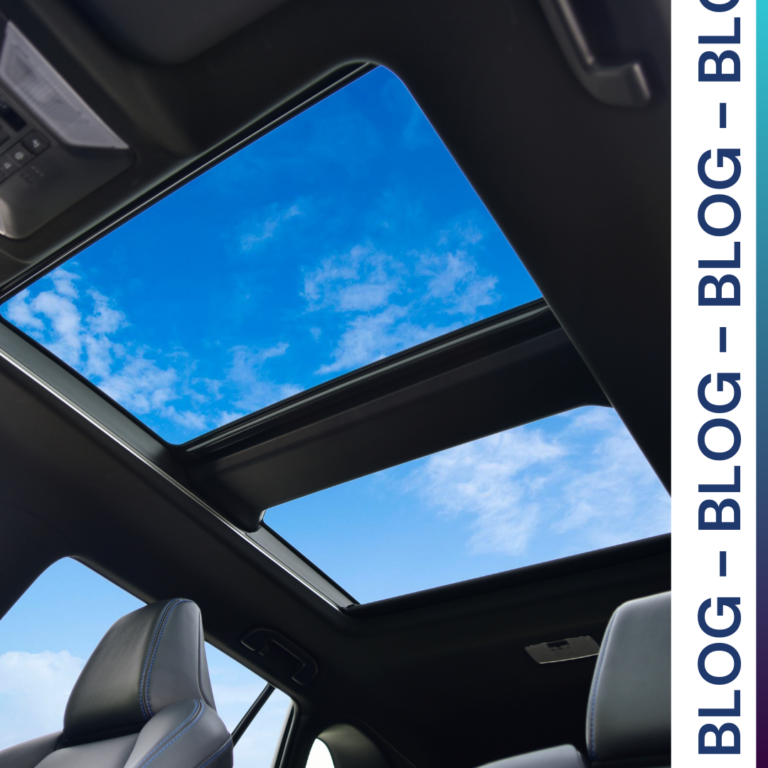Sun, wind, sea: The Golden State of California is ideal for cars with sliding roofs, and they are gradually gaining popularity among drivers. As with any “novelty,” myths and misconceptions about their safety arise. In this article, we will tell you which ones are true and which are not so you can make an informed decision about changing your car and choosing this functionality.
Myth 1: “Sliding Roofs Break in Collisions”
This concern is understandable, as it may seem unsafe since it is not part of the car’s hard body. To reduce the chances of breakage, most current designs feature laminated glass, similar to windshields, to achieve excellent protection against crashes and impacts, making them more resistant.
Myth 2: “Sliding Roofs Increase the Risk of Rollover”
Proper installation does not affect navigation or increase the risk of rollover. Nowadays, all vehicles undergo rigorous safety tests to ensure maximum safety, regardless of whether or not a sliding roof is present.
Myth 3: “Sliding Roofs Are Prone to Leaks and Drips”
Good maintenance and regular inspection of the seals are essential to prevent this from happening. However, due to significant technological advancements, the sealing process is very secure and prevents this inconvenience.
Myth 4: “With a Sliding Roof, You Are More Exposed to Solar Damage and Accidents”
Yes, solar exposure is more significant with an open sliding roof, but this is unrelated to the risk of accidents. Remember that the primary cause of accidents is driver distraction.
Now that you know more about the safety of this type of automobile, you can decide whether to enjoy the warmth of the sun while driving or prefer a traditional car. The decision is yours.


